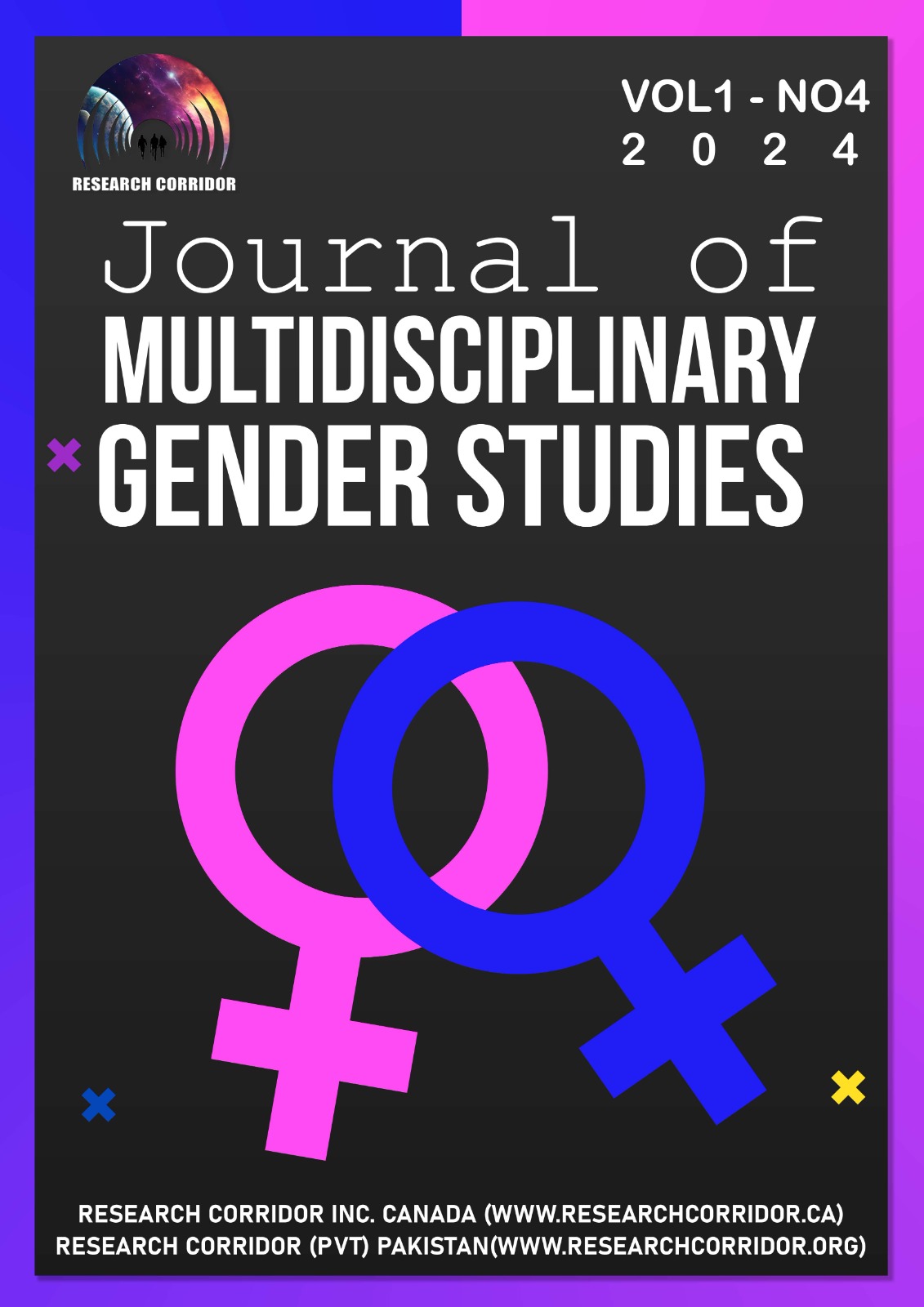Reproductive Rights in a Global Context: Legal and Cultural Challenges
Keywords:
Reproductive rights, legal challenges, cultural barriers, maternal healthcare, contraception, abortion laws, gender norms, reproductive autonomy, human rights, global policies.Abstract
Reproductive rights constitute a fundamental aspect of human rights, encompassing access to contraception, safe abortion, maternal healthcare, and the ability to make informed decisions regarding family planning. However, these rights are often influenced by legal frameworks, cultural norms, religious ideologies, and socioeconomic conditions that vary globally. While some countries have progressive reproductive policies ensuring women's autonomy, others impose restrictive measures that hinder access to essential healthcare services. Legal challenges include restrictive abortion laws, lack of enforcement of reproductive healthcare policies, and disparities in access to contraception and maternal care. Additionally, cultural barriers such as deeply entrenched gender norms, stigmatization of reproductive choices, and religious opposition further restrict the exercise of reproductive rights. The intersection of law and culture significantly impacts the realization of these rights, often leading to disparities in access based on geographical location, economic status, and social hierarchy. Countries such as Sweden and Canada have adopted comprehensive reproductive healthcare policies, whereas nations in Latin America, Africa, and parts of Asia continue to struggle with restrictive legal frameworks and cultural resistance. This paper examines the global landscape of reproductive rights, analyzing legal constraints and cultural influences that shape policies and access to reproductive healthcare. By exploring comparative legal approaches, cultural narratives, and international human rights perspectives, this research highlights the challenges and prospects for advancing reproductive rights worldwide. A multi-faceted approach that includes legal reforms, cultural sensitivity, and increased healthcare access is crucial to ensuring reproductive autonomy for all individuals.





